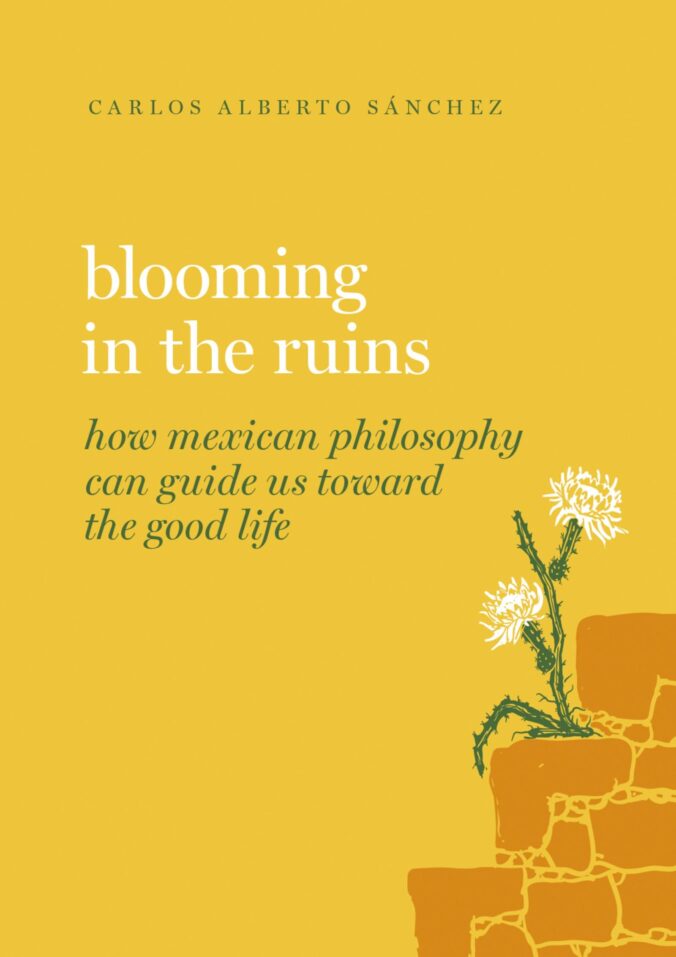Now that we’re well into the season, let’s talk about spring reading! I’ve got a wide range of books on my list for this month. After checking it out, let me know what you’re reading these days.
Johann Hari – Stolen Focus
This book begins from a highly plausible and nearly ubiquitous premise. The 21st century world robs us of our ability to pay attention, concentrate, and think deeply. Hari conducts a journalistic investigation to find out what got us there, focusing especially on the psychology and neuroscience of attention. And he organizes this work into 12 major causes.
I won’t summarize all 12 causes here. But I’ll note that each is plausible and readers will find them familiar. They also interrelate. The flow of information from our smartphones (cause one), for instance, interrupts our flow (cause two) and deprives us of sleep (cause three). Hari also gets at the background economic stress and anxiety that drives it all.
One cause worth special mention is the rise of manipulative technology, especially social media. Hari explains how distraction and anger are not only a side effect of technology, but in fact essential to its revenue model. Companies need the attention of the user both to advertise to them and to create consumer profiles for advertisers.
Hari proposes a few tentative solutions. These include public ownership of social media as a utility or, alternatively, a regulatory model that forces them to work in the public interest.
Michel Houellebecq – Submission
Let me start by saying I was skeptical of this book. When I saw the basic plot – a Muslim Brotherhood party wins a French election and begins remaking France as an Islamic State – I suspected this book rested on Islamophobia.
Critics were divided on the question. Some cited misogynistic views in the book.
For my part, I had mixed thoughts about reading. In fact, the book mostly focuses on a French academic who suffers from existential angst. He has sex with his students. he moves through life and career mechanically and without joy. And, after the election, he confronts the question of whether to convert to Islam.
And, really, that’s about it. The book’s misogynistic ideas come more from misogynistic characters than any central message from the author. And any Islamophobia in the book isn’t really overt. The Muslim characters, including France’s new leader, are portrayed as normal people with normal character traits.
However, given Europe’s Islamophobia problem, I can see why people were concerned.
Katharine Jenkins – Feminist Philosophy: A Very Short Introduction
As a part of the ‘very short introduction’ series, Jenkins’s book covers the topic of feminist philosophy. It does so in a very brief – but quite dense – hundred or so pages.
I was especially impressed by the wide range of topics she managers to cover. She defines feminist philosophy – always a difficult task! – and undertakes a careful and thorough discussion of what counts as a feminist issue. She also covers how language impacts the fight against gender oppression.
In doing so, I was particularly impressed by Jenkins’s efforts to draw a wide range of feminist philosophical work into these central themes. As a starting point and window into feminist philosophy, this is an excellent intro.
Harvey Pekar – American Splendor
This is a collection of some of the work of Harvey Pekar, creator of the comic book American Splendor. The comics cover his life as an ordinary, working-class American. He’s basically just a normal guy who lives in Cleveland, works a rank-and-file job in a VA hospital, and decides to start a comic book about it.
The collection came out on the heels of the film version of American Splendor. And while it’s not a strictly chronological overview of Pekar’s life, it hits all the major highlights from his earliest comic book days. It covers everything from early jobs to his first two marriages to his third, and final, wife.
Pekar’s stories are remarkably honest and insightful. He has a lot to tell us, both about personal psychology and the state of the world. Pekar’s stories serve as wonderful reminders that working-class Americans are, in an important sense, closer to the action and in a better position to gain certain insights into how the world works.
Carlos Alberto Sánchez – Blooming in the Ruins
This book by philosopher Carlos Alberto Sánchez arrives as an unexpected addition to the Oxford ‘good life’ series. It’s unexpected in the sense that many readers likely associate the ‘good life’ with the ancient Greeks or Buddhists. But Sánchez gives a history of Mexican philosophy. He shows, convincingly, that Mexican philosophy has a lot of things to say about the good life.
What kinds of things? At a broad level, Sánchez uses the theme of nepantla to get at a transitional state between one world and the next. This had key uses in the colonial history of Mexico, but Sánchez also shows how we can apply it to our own lives. He further draws out themes that our circumstances help define us, that fortune and luck are important to our lives, and that each of is a unique combination of traits.
A couple of ideas from the book I found particularly useful are ontological auscultation and the uniquely Mexican attitude toward death. The former notion is about listening to one’s own thoughts via meditation in order to know oneself better. This puts us in the right state of mind both to do philosophy and to make meaningful improvements in our lives.
As for death, Sánchez explains death as a reflection of life. We already live with death and should act as thought death has already happened. This opens up a space not to fear death and to live in a way that we bestow upon death the right sort of meaning.
In certain respects, I think this is an alternate path to come to conclusions about death very similar to those found in Epicureanism.

Leave a Reply